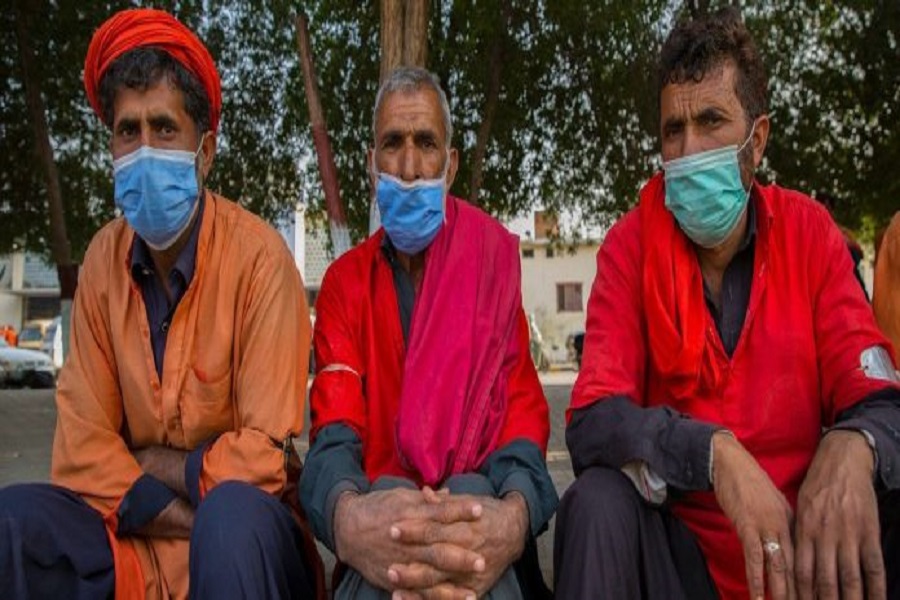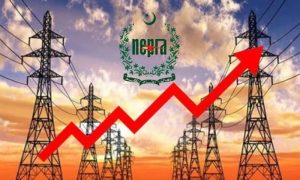UNITED NATIONS: Senior United Nations economists warned on Wednesday that conflicting crises were likely to further damage the global economy, with growth predicted to slow from 3% in 2022 to 1.9% in 2023.
The UN economists said that prospects for the economies of Pakistan, Bangladesh and Sri Lanka were “more challenging” than other South Asian countries.
Lowest growth
The UN economists said this would be one of the lowest growth rates in recent decades aftr the 2007-8 financial crisis and the height since the Covid-19 outbreak.
According to the UN World Economic Situation and Prospects Report, private consumption and investment would expectedly weaken in most countries due to income differences.
Senior Economist at the UN Department of Economic and Social Affairs Ingo Pitterle said that several countries would see a mild recession before the growth pick up in the second half of 2023 and into 2024.
The UN findings come against the backdrop of the Covid-19 pandemic and the Russia-Ukraine war, which has resulted in food and energy crises, inflation surges, and ballooning debt amidst the climate emergency.

Global growth to pick up to 2.7% in 2024
The UN economists have painted a gloomy economic outlook shortly, with global growth forecast likely to pick up to 2.7% in 2024.
The UN report said that in South Asia, the economic outlook has significantly deteriorated due to high food and energy prices, global monetary tightening and fiscal vulnerabilities, with average GDP growth, was projected to moderate from 5.6% in 2022 to 4.8% in 2023.
The UN report said that growth in India was expected to remain at 5.8%, albeit slightly lower than the project 6.4% in 2022, as higher interest rates and a worldwide slowdown weigh on investment and exports.

Economic prospects for Pakistan, Bangladesh and Sri Lanka
The report said that the economic prospects were more challenging for other Bangladesh, Pakistan and Sri Lanka, which have sought financial assistance from the International Monetary Fund.
The report said that the findings show a challenge in achieving the 17 Sustainable Development Goals (SDGs)
UN Secretary-General Antonio Guterres said it was not time for short-term thinking and knee-jerk fiscal austerity measures that would exacerbate inequality, increase suffering, and may put the SDGs farther out of reach. “These unprecedented times called for unprecedented action,” he said.
“The action included a comprehensive SDG stimulus package generated through the collective and concerted efforts of all stakeholders,” he said.
Slow growth, high inflation and mounting debt burdens were threatening the hard-won gains in achieving global development goals, the UN said in its report.
It said that both developed and developing countries were facing the prospects of recession during the current.
The UN report also said that growth momentum considerably weakened in the United States, Europe and other developed economies in 2022, adversely impacting the global economy in multiple ways.
The UN report found that over 85% of global central banks tightened monetary policies and raised interest rates since late 2021 to tame inflationary pressures and avoid a recession.
It said global inflation, which reached a decade high of about 9% in 2022, was projected to ease but will remain at 6.5% in 2023.
The UN report said that most developing countries saw a slower job recovery in 2022 and continue to face relatively high levels of unemployment. APP


























